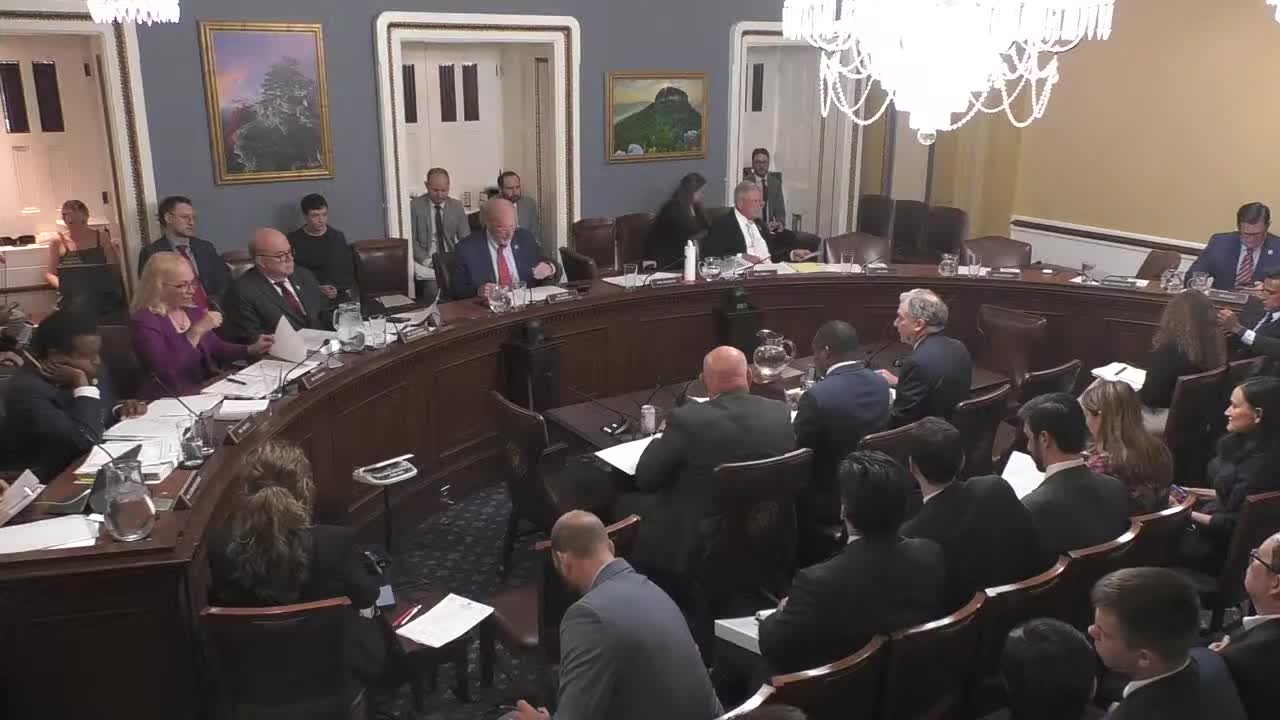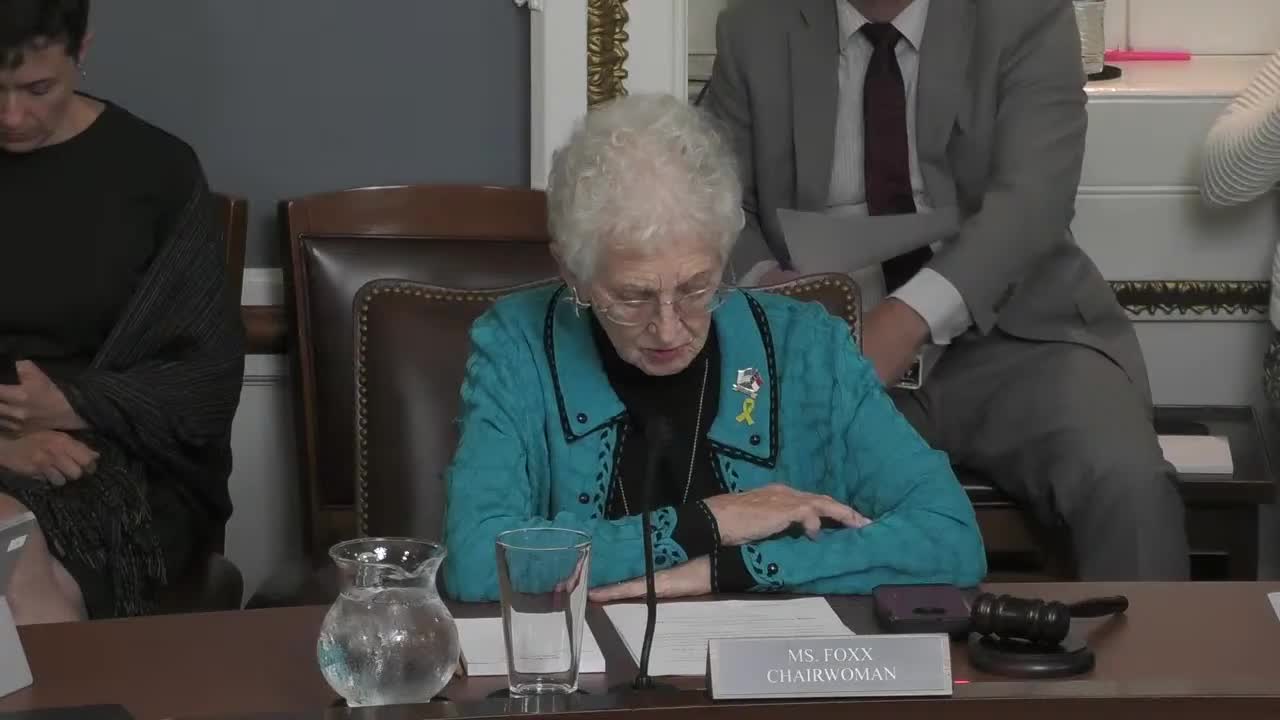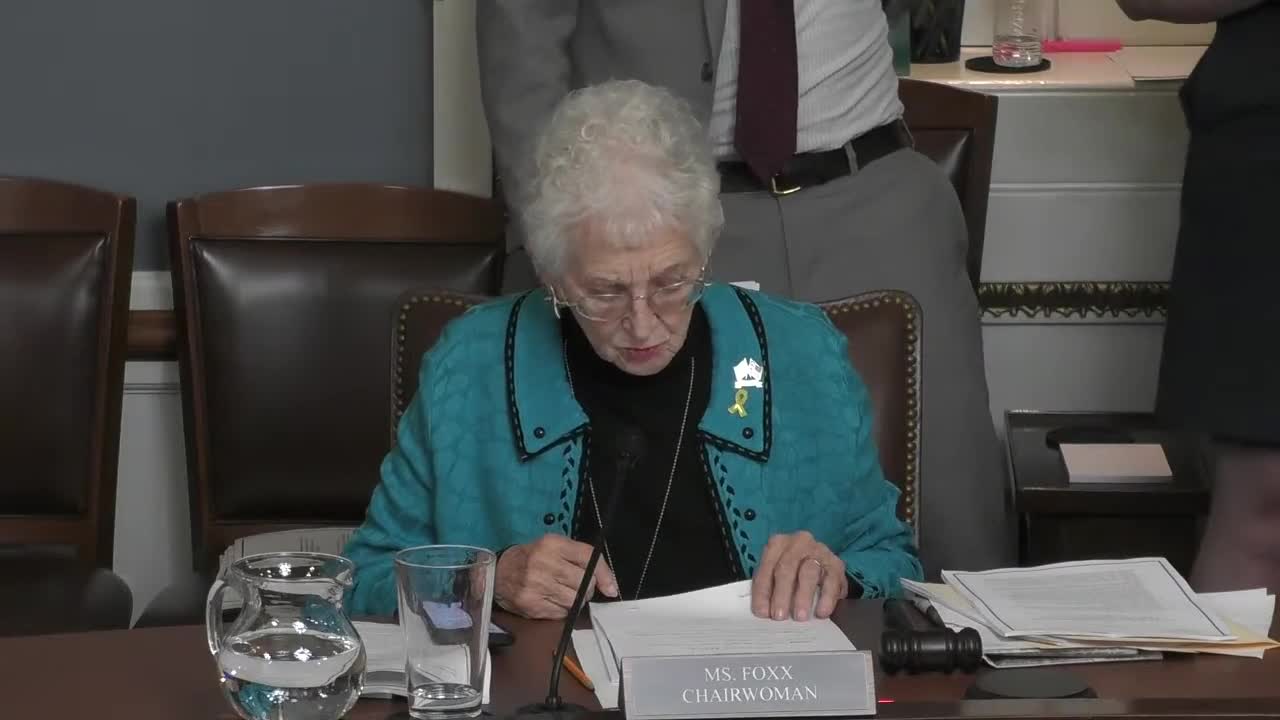Article not found
This article is no longer available. But don't worry—we've gathered other articles that discuss the same topic.

House rules panel advances floor consideration of three major crypto bills amid ethics and national‑security debate

House rules panel advances rule for FY2026 Defense spending bill after hourlong debate over process, troop policies

